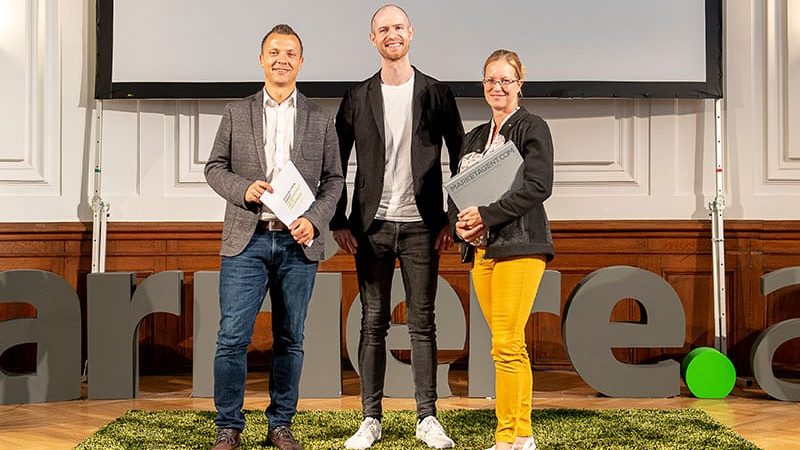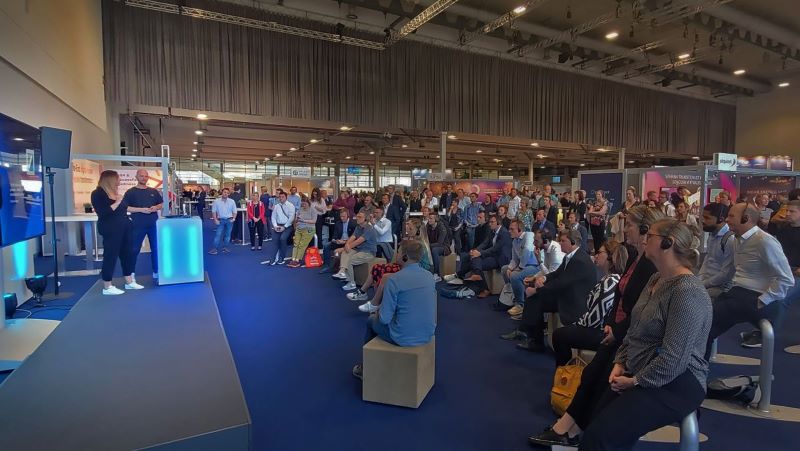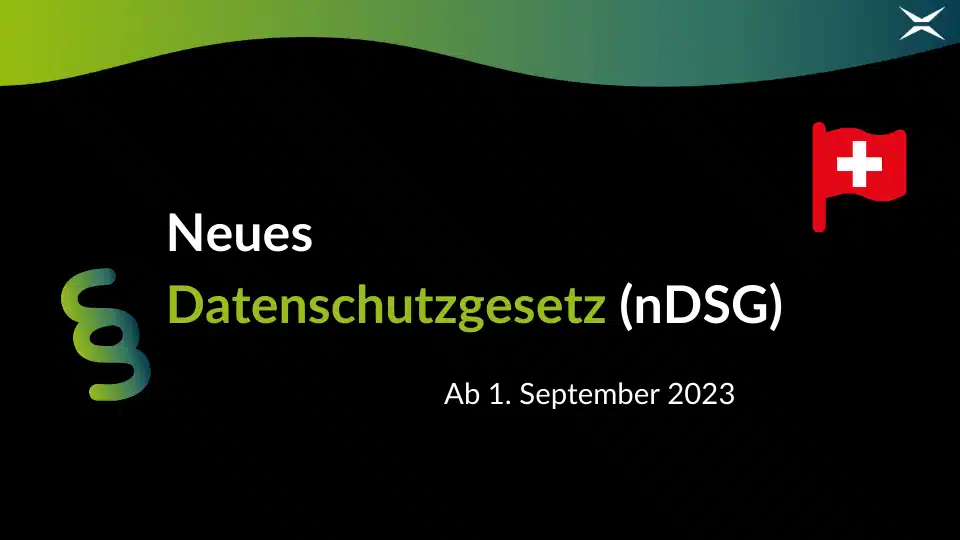What will the workplace of tomorrow look like? In times of digitalisation and globalisation, job profiles and demands on employees are changing. At the same time, employees’ perspectives are also changing. XiTrust customer karriere.at wanted to find out more and commissioned Marktagent.com to conduct a survey among employees and the self-employed. The result is a comprehensive study – providing an analysis and forecast and thus a valuable orientation aid and guide to action.
Fun, leisure time, recognition: the wish list of working Austrians is hardly surprising. Personal appreciation takes the top spot here, with 91% of participants recognising this. Most importantly, 93% of participants expect financial security from their employer and would like to have or be “given” responsibility from time to time. 87% stated sufficient free time as a priority.
Marketagent.com conducted 599 interviews representative of the Austrian population on behalf of XiTrust client karriere.at. In the process, 515 people aged between 18 and 60 – freelancers, self-employed directors/managers, employees, civil servants, workers, pupils, students, apprentices, jobseekers, people on maternity leave, in military or civilian service or otherwise employed – were interviewed on topics relating to working life, job hunting and the future of work. Furthermore, 246 HR managers were asked for their views on the future.
Digital future: scepticism and hope
But how do Austrian employees view the digital future? The responses are balanced between scepticism and hope that it will make everyday working life easier. 62% conclude that digital technologies fundamentally have the potential to help overcome the challenges of the future. As many as 59% see digitalisation as a personal opportunity.
At the same time, 51% are worried about their job when it comes to increased digitalisation. A rule of thumb here: The younger and less qualified, the greater the fears. A topic for discussion: three quarters of the employees surveyed expect more surveillance and control as a result of the digital transformation.
“Despite all the scepticism, these figures also show that employees are becoming increasingly aware of issues relating to the digitalisation of the workplace,” says Georg Lindsberger, CEO of XiTrust. Encouragingly, more than three quarters of employees (78%) enjoy working for their company. A good two thirds (67%) are proud of it. 63% stated that they can identify well with the corporate culture.

Discover MOXIS for your company.
Find out more about the leading eSignature platform, enjoy the benefits of legally secure digital signatures, save time and costs.
HR professionals think differently
When it comes to individual questions in the study, it may be noted that HR professionals arrive at significantly different assessments of the digital future than the working masses. This group of people cannot understand the concern about job losses as digitalisation progresses. Only 6% of HR professionals believe that the loss of jobs due to digitalised processes is plausible.
Also interesting: only 8% of HR managers believe that their company’s employees are worried about losing their jobs. Georg Lindsberger: “It is the task of managers to take any concerns seriously in an open dialogue with employees and discuss them in a targeted manner, especially when there are widely differing perceptions of the opportunities and risks of the digital workplace.”
However, HR decision-makers are not sleeping well in other respects: 85% stated that digitalisation is leading to a growing dependence on IT and internet connections. This peer group is decidedly optimistic in its assessment of the opportunities offered by digitalised processes. 80% expect jobs to be completed more efficiently and reliably, while 79% see new opportunities. There is still room for improvement: at 55%, only slightly more than half of HR decision-makers believe their company is “very well” or “fairly well” equipped for the advancing digitalisation.




